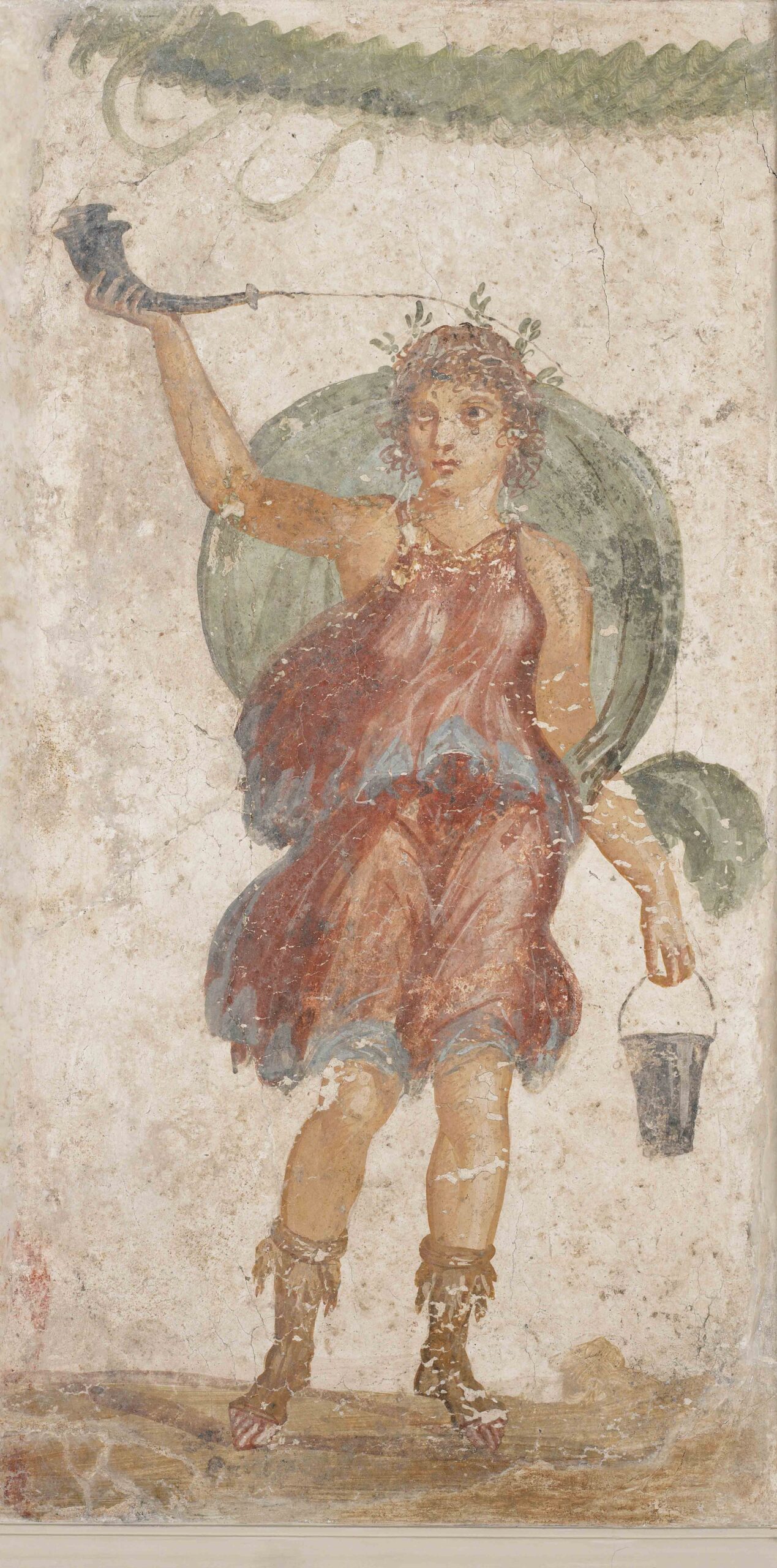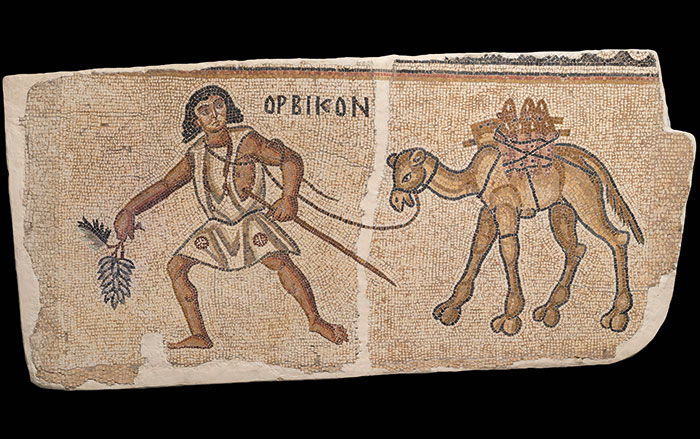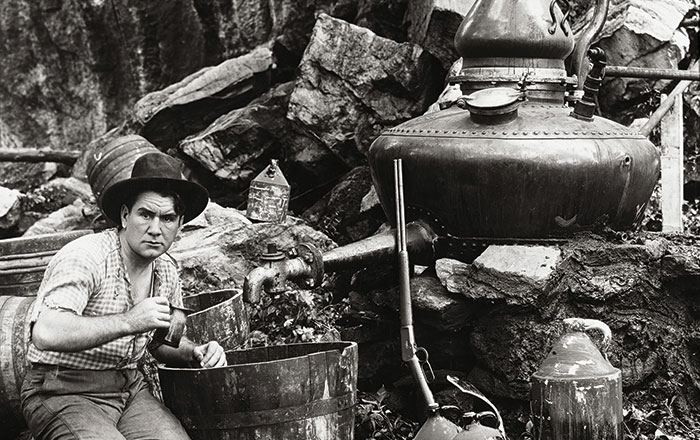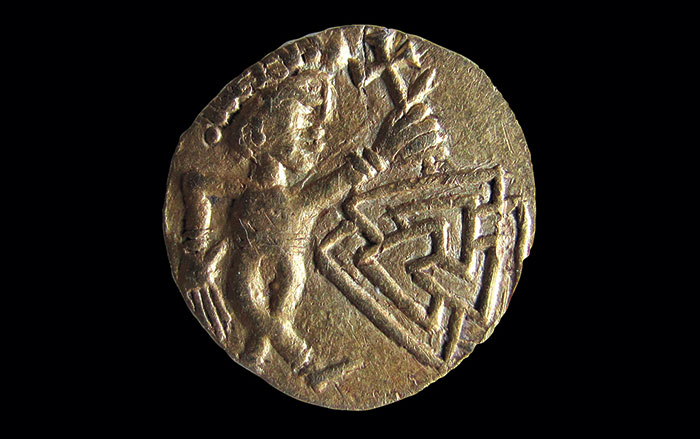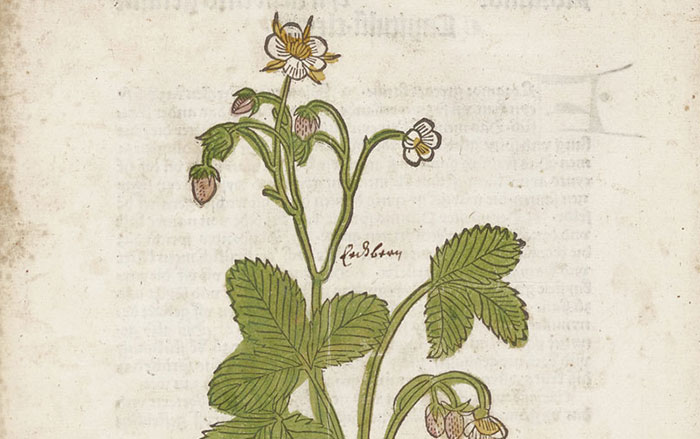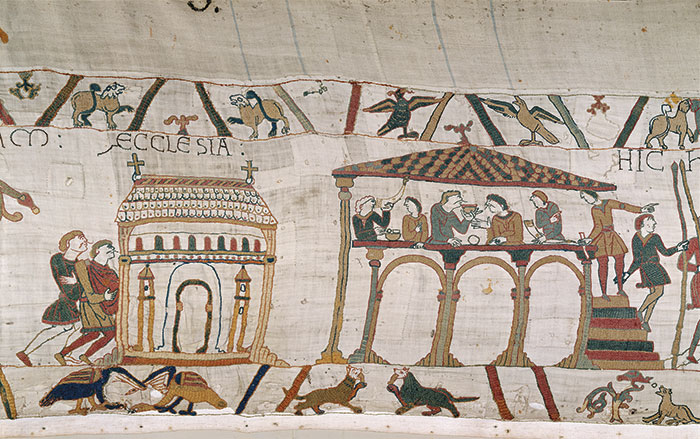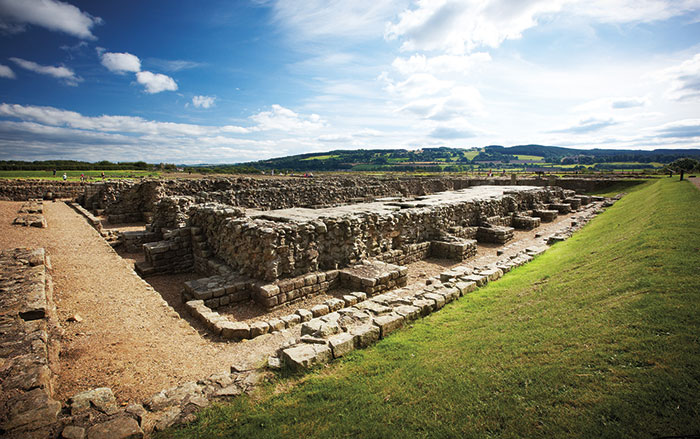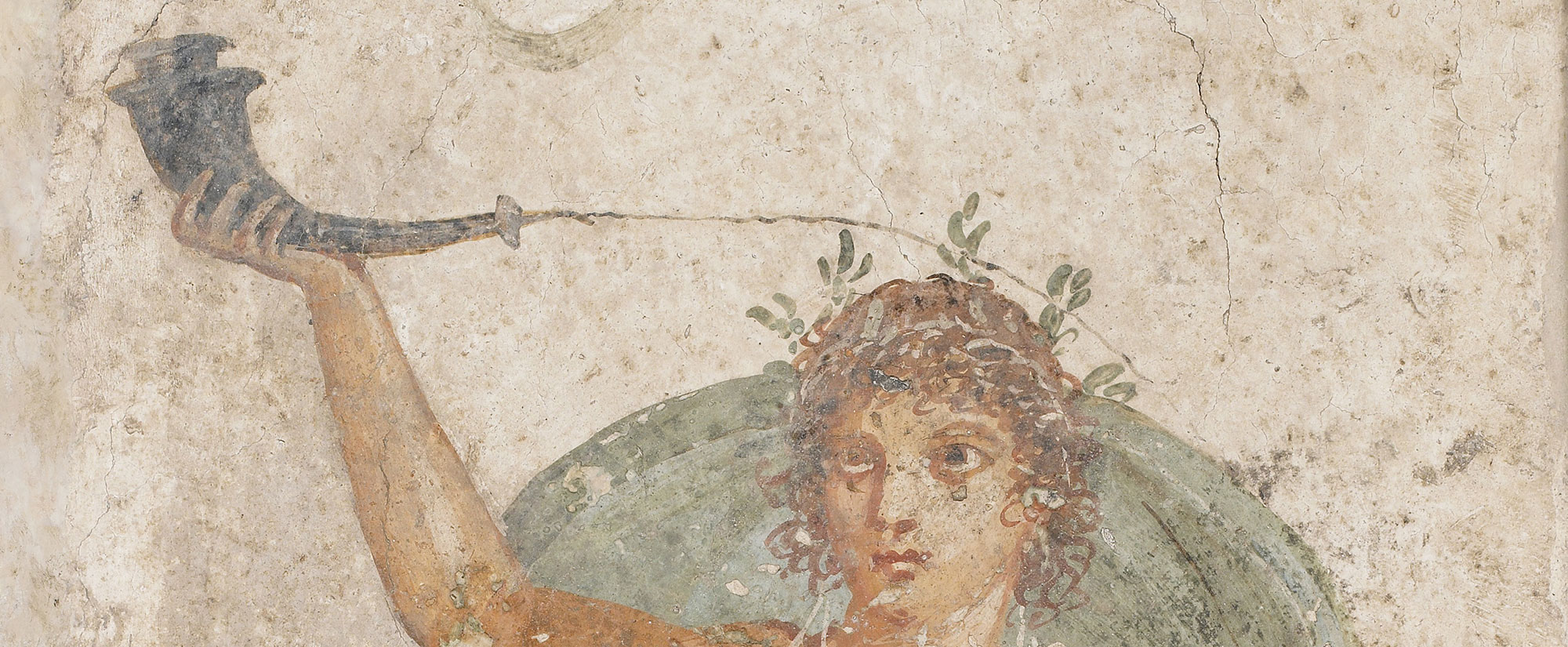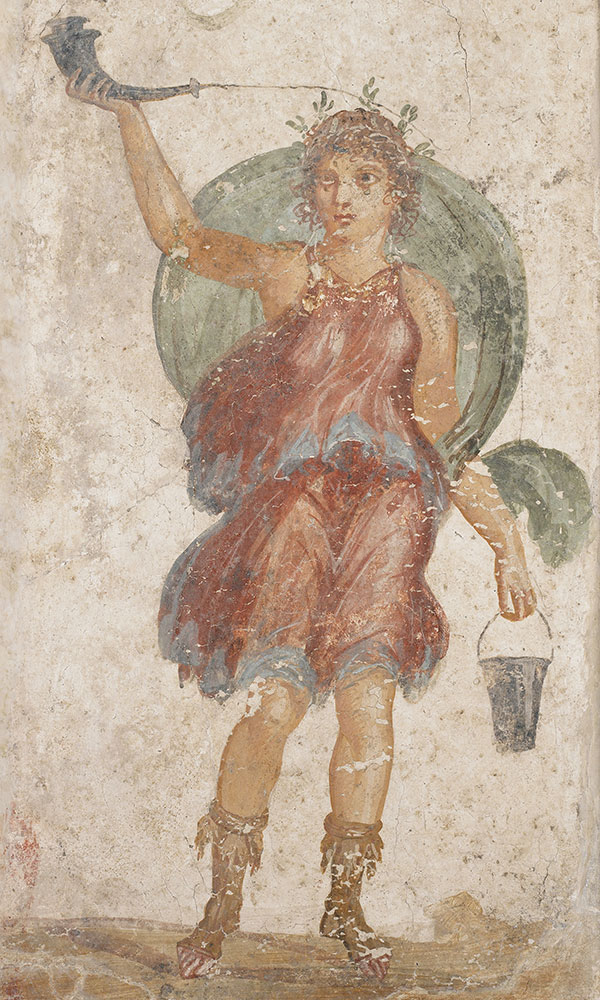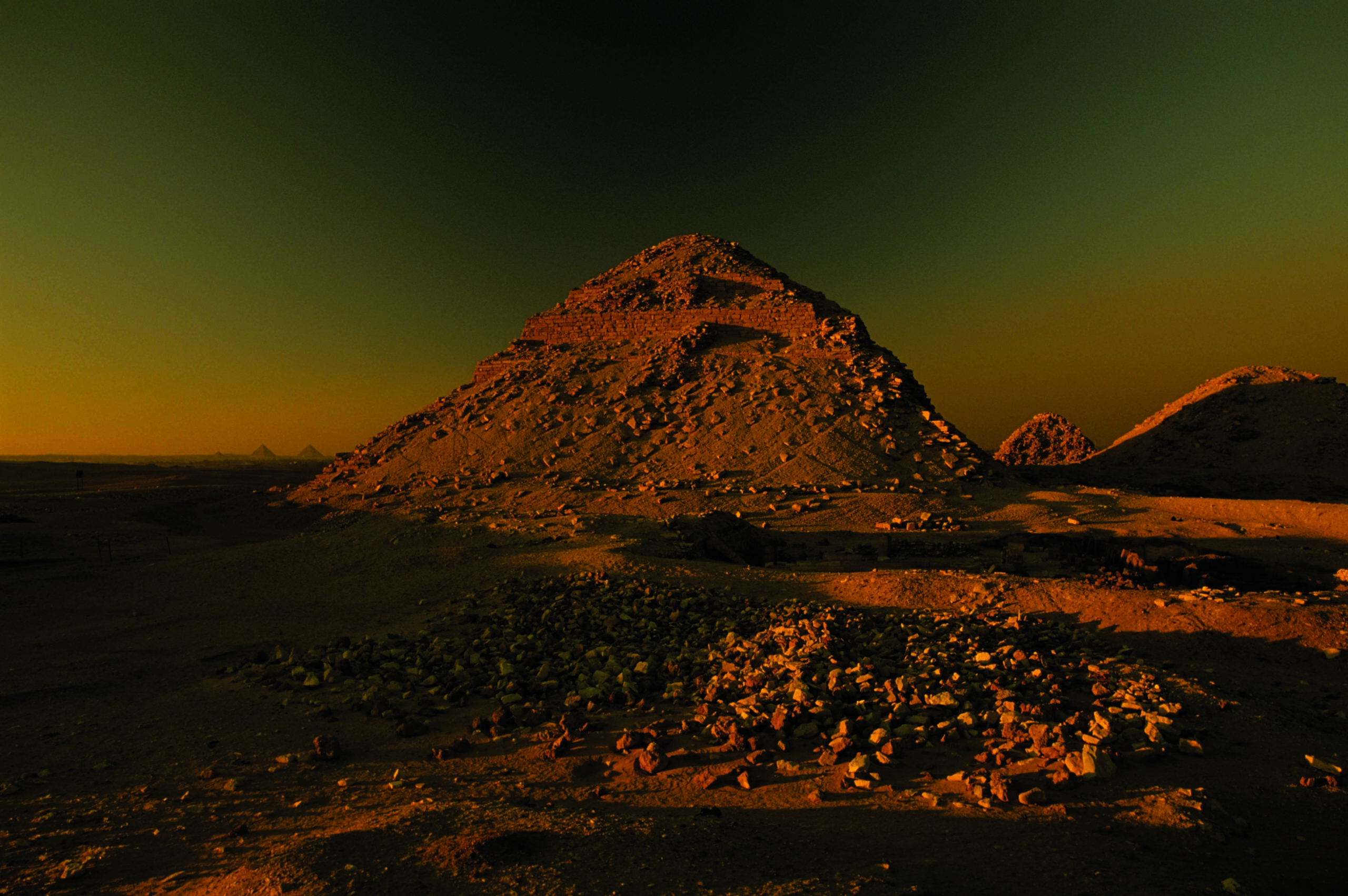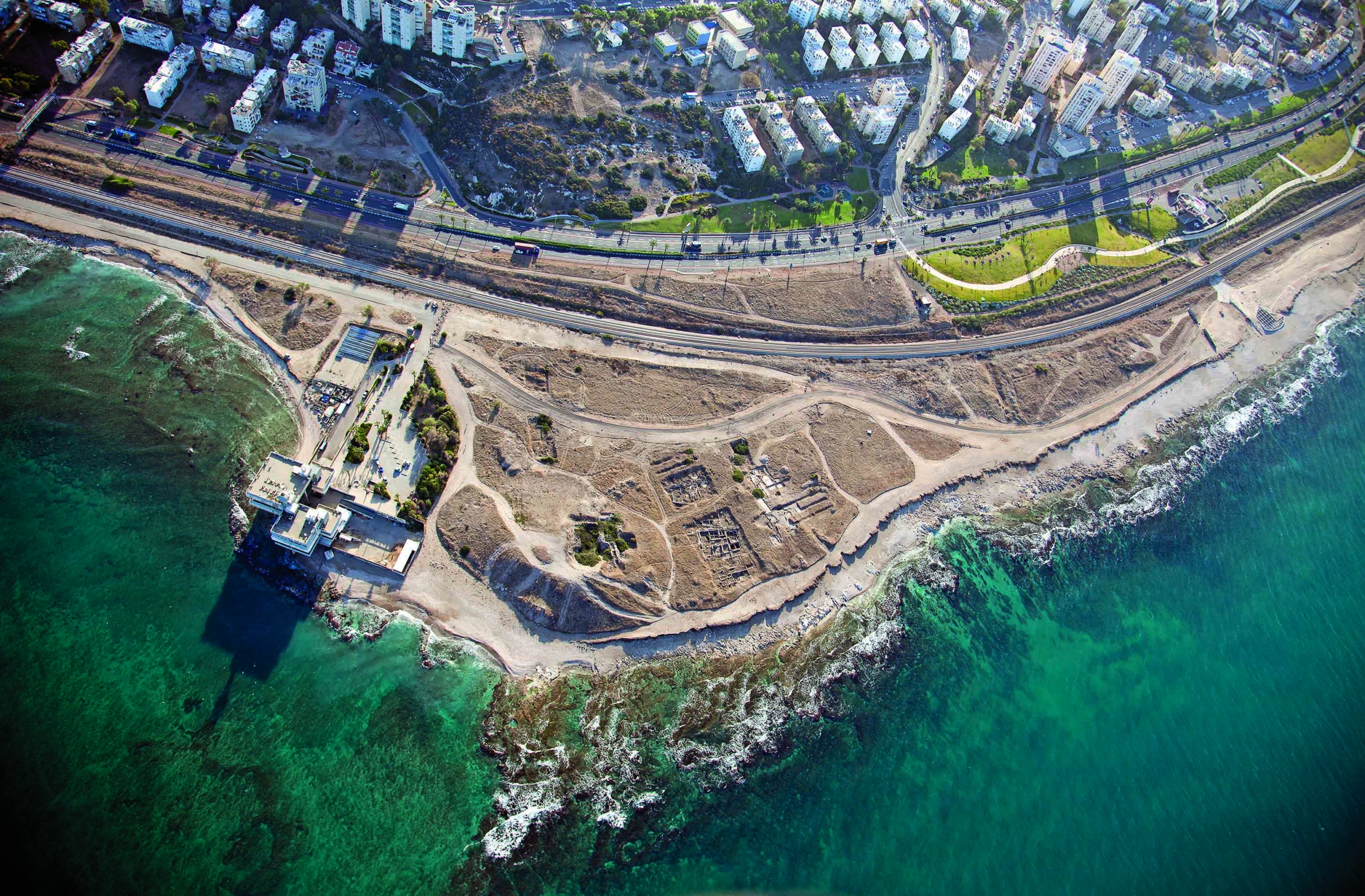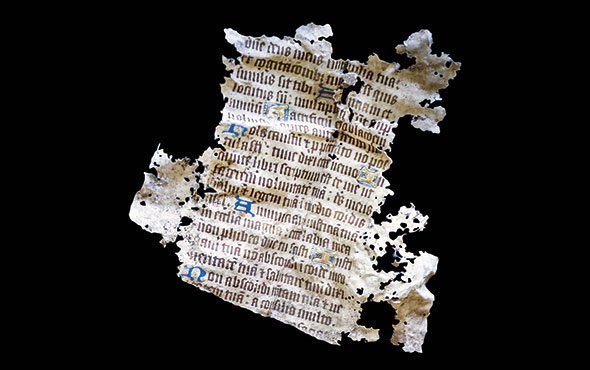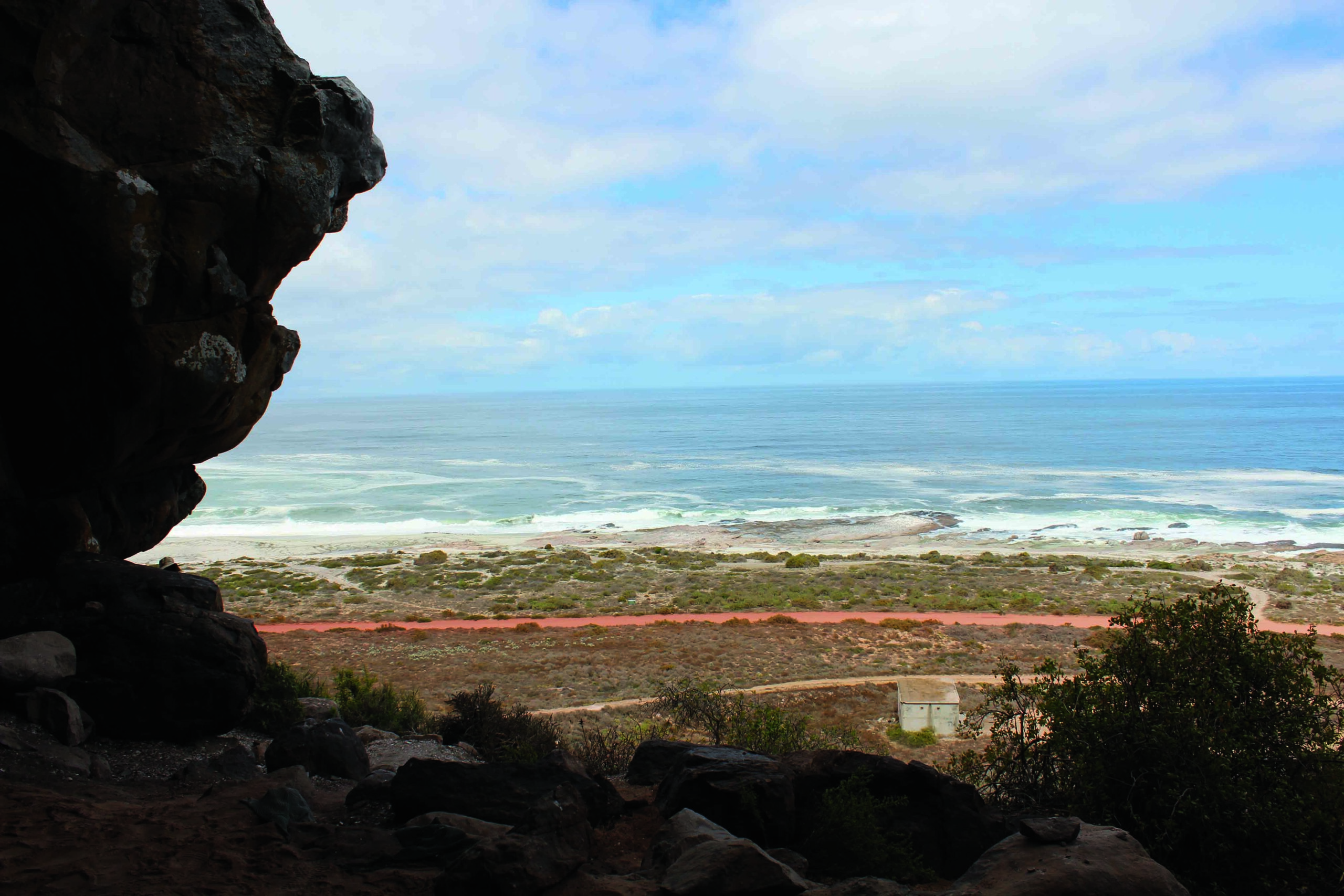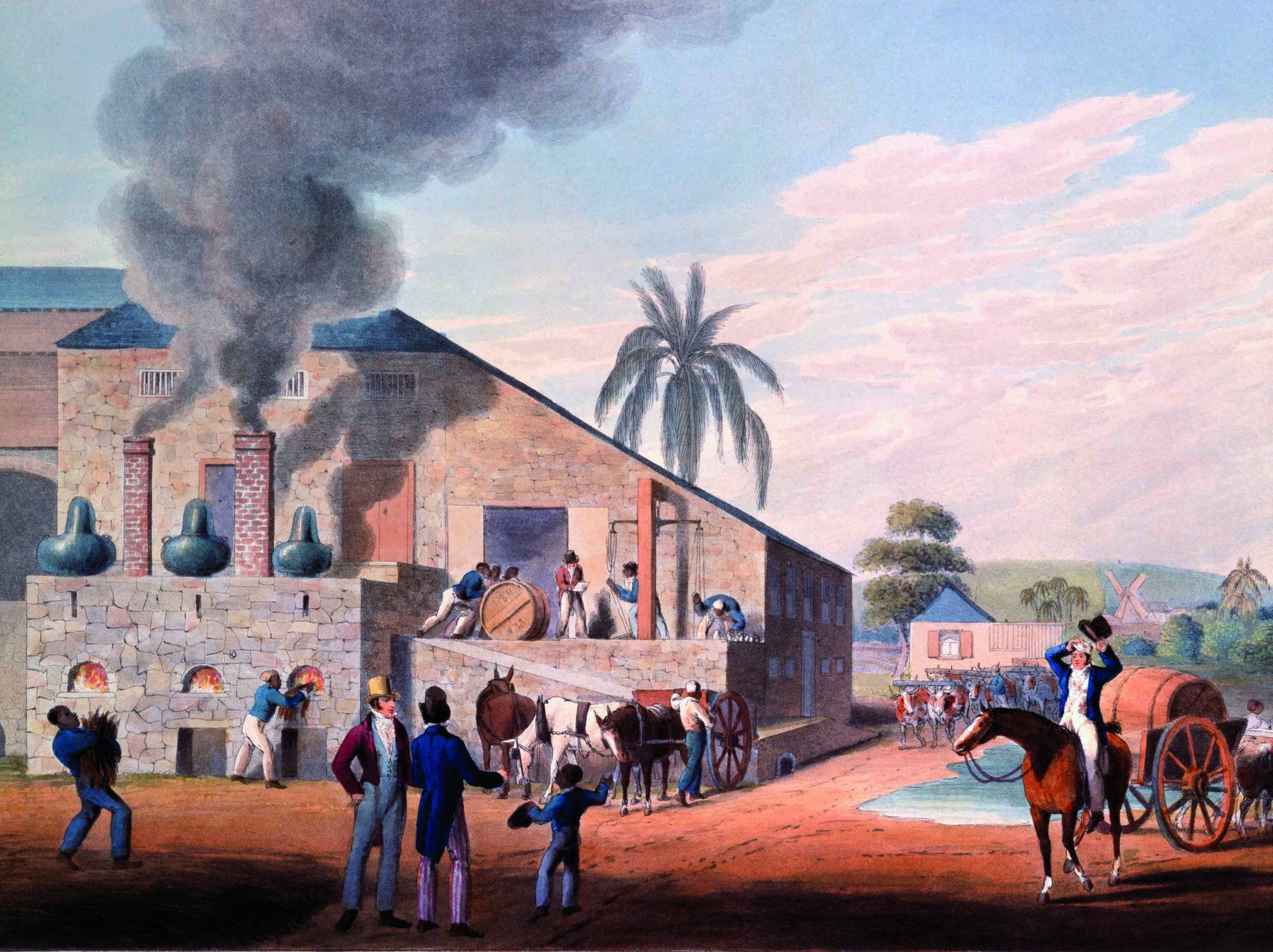
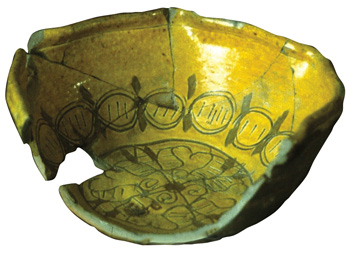
In the 1640s, English landholders in Barbados began cultivating sugarcane after failing to compete in the tobacco market dominated by Virginia planters, beginning a revolution that would transform sugar from a rare, exotic commodity into a staple of modern life. This profound shift in global commerce was founded on a system of slavery for which millions of captive Africans were transported to plantations across the Americas. These enslaved Africans brought with them millennia-old knowledge of fermenting grains and palm sap to produce alcohol. They were indispensable in developing the process by which sugarcane juice or molasses, a byproduct of sugar refining, was fermented into alcohol and distilled, producing rum. Archaeologist Frederick Smith of North Carolina A&T State University explains that while rum began as a drink for sailors and the lower classes, it grew in popularity in both the New World and Europe. Eventually, it became an essential component of the Triangle Trade, in which valuable raw materials, including sugar, tobacco, cotton, and furs, were sent to Europe from the Americas, and manufactured goods were exchanged for enslaved people in Africa. “Rum was both a prized ingredient in punch served at elite gatherings in Europe and the colonies, and an important trade commodity in Africa,” Smith says. West Africans, he explains, also incorporated rum into religious ceremonies that survived the horrors of the journey across the Atlantic and attempts by slavers and planters to separate captives from members of their ethnic and linguistic communities. “Rum,” he says, “became a versatile substance that facilitated connection with the spiritual world and promoted group identity within enslaved communities.”


